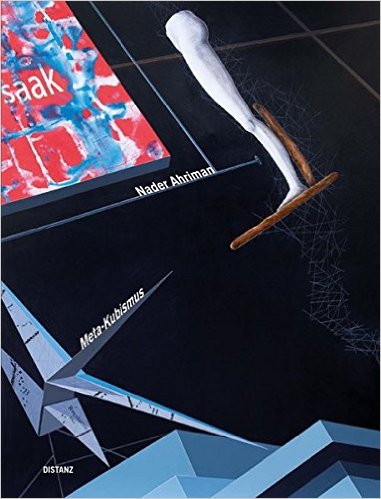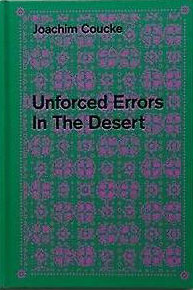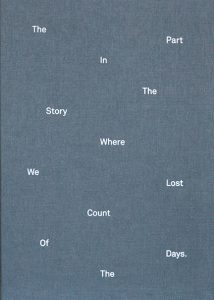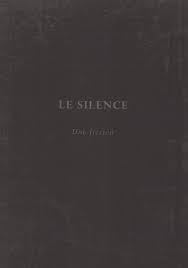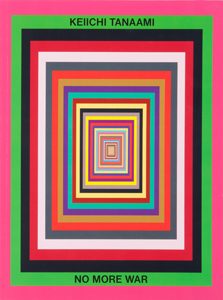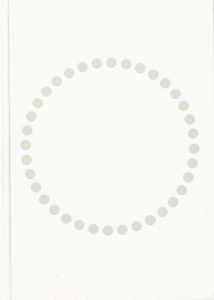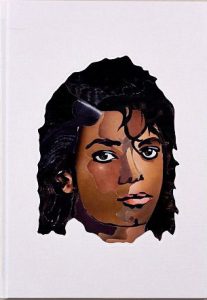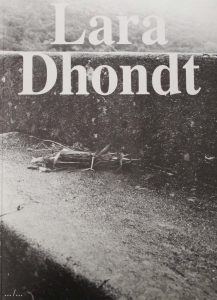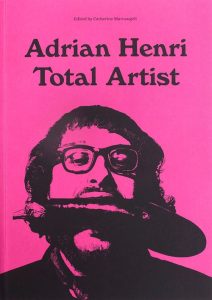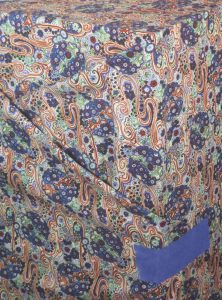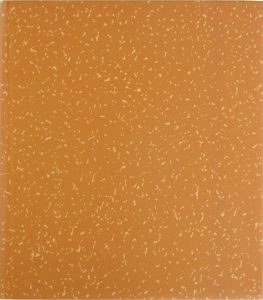Meta-Kubismus
Nader Ahriman
Meta-Kubismus
Nader Ahriman
Tagged: Art
Central guiding issues like man, machine, and their relations to each other and to nature as well as the quest for an intellectual homeland may be found in the drawings, collages, and paintings of Nader Ahriman (b. Shiraz, Iran, 1964; lives in Berlin). The beholders are confronted with complex and fraught dreamscapes in which the supernatural and unconscious looms. The pictures do not refer to a specific space or time: the spaces remain undefined and unreal, showing figures hovering or plummeting, rendering no more than rough outlines and recalling the artificial settings of the stage more than anything. Nor can we tell whether these scenes are set in the past or the future, even though the philosophical references to Hegel, Nietzsche, or Lukacs define the historical framework. Ahriman combines the intellectual inspiration and ideas he draws from these authors with his own knowledge of art history to create an idiosyncratic and highly referential visual language in the tradition of Giorgio de Chirico and Max Ernst as well as Oskar Schemmer and Rube Goldberg. The book presents works created between 2002 and 2013 and includes essays by Thomas Macho and Florian Waldvogel that chart interesting new approaches to Ahriman’s art.
